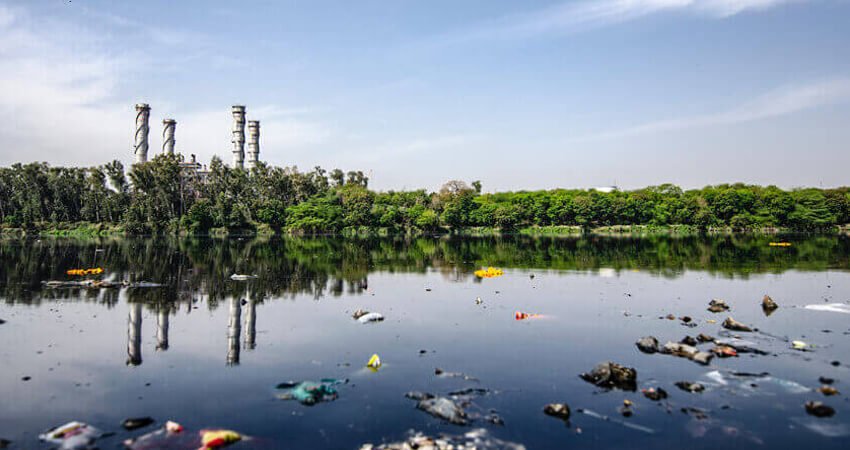In a world characterized by rapid industrialization and ever-increasing consumerism, the environment often bears the brunt of our progress. However, the need to support and protect the ecosystem has never been more critical. The global call for sustainable practices and eco-friendly initiatives has never been louder. To ensure a harmonious future for the planet and its inhabitants, it is our moral obligation to rally behind the support of the eco.
A Rising Concern:
The undeniable truth is that the Earth’s natural resources are finite. The constant depletion of these resources, along with the proliferation of pollution and habitat destruction, has led to a myriad of environmental issues. From climate change and biodiversity loss to air and water pollution, the symptoms of our negligence are evident.
The Eco as a Lifeline:
The environment, often referred to as ‘the eco,’ is not just a place where animals, plants, and humans coexist. It is a complex web of interdependence, where each species and ecosystem plays a crucial role. The eco provides us with the air we breathe, the water we drink, and the food we eat. It regulates our climate and offers aesthetic and recreational benefits. Simply put, supporting the eco means supporting ourselves.
Individual Responsibility:
The first step in the support of the eco begins with individual responsibility. Small changes in our daily lives can have a significant impact. Reducing, reusing, and recycling, conserving water and energy, and making sustainable choices when shopping are practical ways we can contribute.
Corporate Accountability:
Companies and industries must also play a vital role in eco-support. Sustainable business practices, reducing carbon footprints, and adopting eco-friendly technologies are critical steps in reducing the environmental impact of corporate operations.
Governmental and International Cooperation:
Governments worldwide need to create and enforce strict environmental regulations, encouraging industries to adopt sustainable practices. International collaboration is essential to address global challenges such as climate change and deforestation.
Conservation and Restoration:
Conservation efforts, such as creating protected areas and wildlife sanctuaries, are instrumental in preserving biodiversity. Ecosystem restoration projects help rejuvenate habitats that have been degraded.
Education and Awareness:
Educating the masses about the importance of eco-support is fundamental. Public awareness campaigns, educational programs, and eco-focused initiatives can inspire a sense of responsibility and action.
Technological Innovation:
Advancements in technology can help us tread more lightly on the Earth. Renewable energy, sustainable agriculture, and green infrastructure are examples of how technology can support the eco.
Eco-Tourism:
Eco-tourism promotes responsible travel to natural areas, supporting conservation efforts and local communities.
Economic Benefits:
Supporting the eco is not just an altruistic endeavor; it makes economic sense. Sustainable practices and the growth of green industries offer economic opportunities and long-term stability.
In conclusion, supporting the eco is not just a moral duty but a survival imperative. The ecosystem’s well-being is intrinsically linked to our own. It is time to recognize the importance of the eco in sustaining life as we know it and to take proactive steps to protect and nurture it. Whether through personal choices, corporate initiatives, governmental policies, or global collaboration, we all have a role to play in ensuring a sustainable and prosperous future for our planet and generations to come.


1 Comment-
Ultimately, reducing your carbon footprint is about making conscious choices that prioritize sustainability and the environment. By taking steps to go green, you can make a positive impact on the planet and help create a more